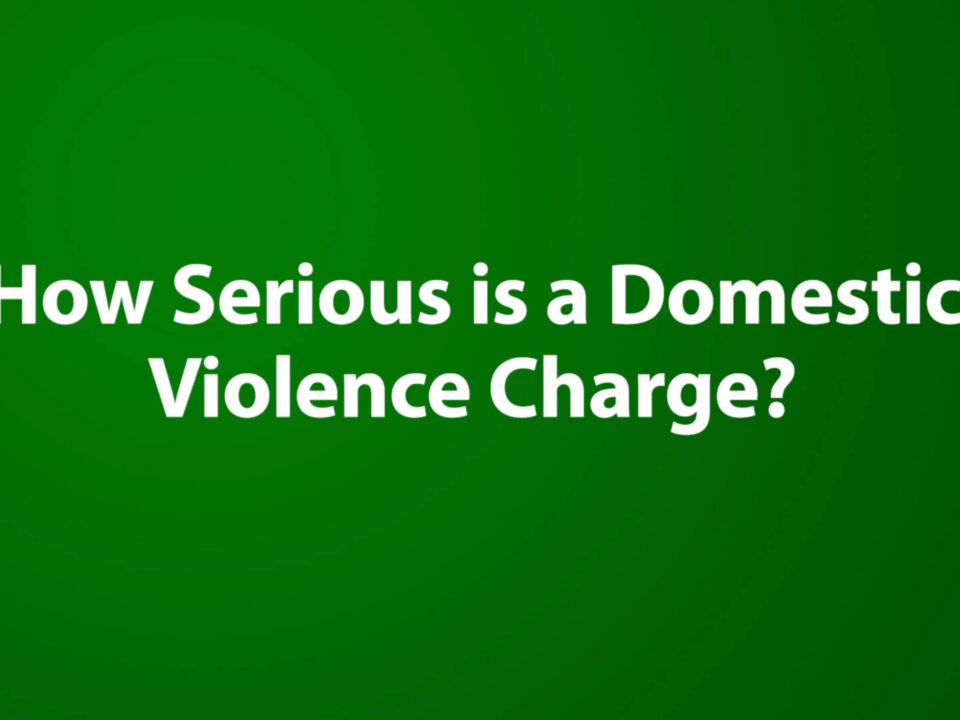
Between recent Supreme Court decisions and landmark cases that have been standing for decades, it is important to know your rights while being questioned by police. Here are some decisions that are currently in place regarding your right to remain silent.
Miranda Rights
The Miranda warning is a verbal statement of your rights when you are put under arrest. Enacted to protect you when being questioned by police, your Miranda Rights cover your right to remain silent and your right to an attorney.
The Miranda warning is the result of Miranda v. Arizona, a landmark decision of the Supreme Court in 1966. The decision states that statements made during an interrogation by anyone in custody can only be used during trial if the defendant was informed of their right to consult an attorney before and during their questioning.
Salinas v. Texas
Police questioned Genovevo Salinas in a murder investigation. While Salinas answered all the questions, he remained silent when he was questioned about the casings of a shotgun he owned. Salinas was later charged with murder and convicted partially based on the fact that he was silent when asked about the shotgun prior to his arrest and issuance of his Miranda rights.
With the recent 5-4 Supreme Court decision, failure to answer a police officer’s questions before an arrest can be used against a suspect during a trial. With the majority saying Salinas had to state his right to remain silent in order for it to protect him, it was decided the information used in the trial did not violate his Fifth Amendment right.
Fifth Amendment
The Fifth Amendment covers basic limits on police procedure. Being divided into five categories, it covers grand juries, double jeopardy, prohibition against required self-incrimination, and the right to a fair trial, according to Cornell University Legal Information Institute. The section involving self-incrimination protects defendants from being forced to testify. They may “plead the Fifth” and not answer if they feel that answering the question will be exposing them to potential criminal liability.
When to Speak and When to Remain Silent
While there are many laws, Supreme Court decisions, and other cases protecting your rights regarding speech while you’re under question, it’s important to know when to talk and when to hold your tongue until you can be fully protected.
Until you can talk with your attorney, refrain from making any statements to police. Make it clear to the police that you are exercising your Fifth Amendment right to remain silent and your right to an attorney. Consult with an attorney knowledgeable in their field about your case, before you make any statements to the police.
At O’Keeffe, O’Brien, Lyson, Foss, we are committing to protecting the legal rights of people accused of crimes. Criminal defense attorney Tatum O’Brien and the rest of our legal team have the experience and skill required to bring your case to the best resolution possible.
To schedule a case evaluation with a criminal defense lawyer in Fargo, call our office today at 701-235-8000 or 877-235-8002 or send us an email through our online contact form



